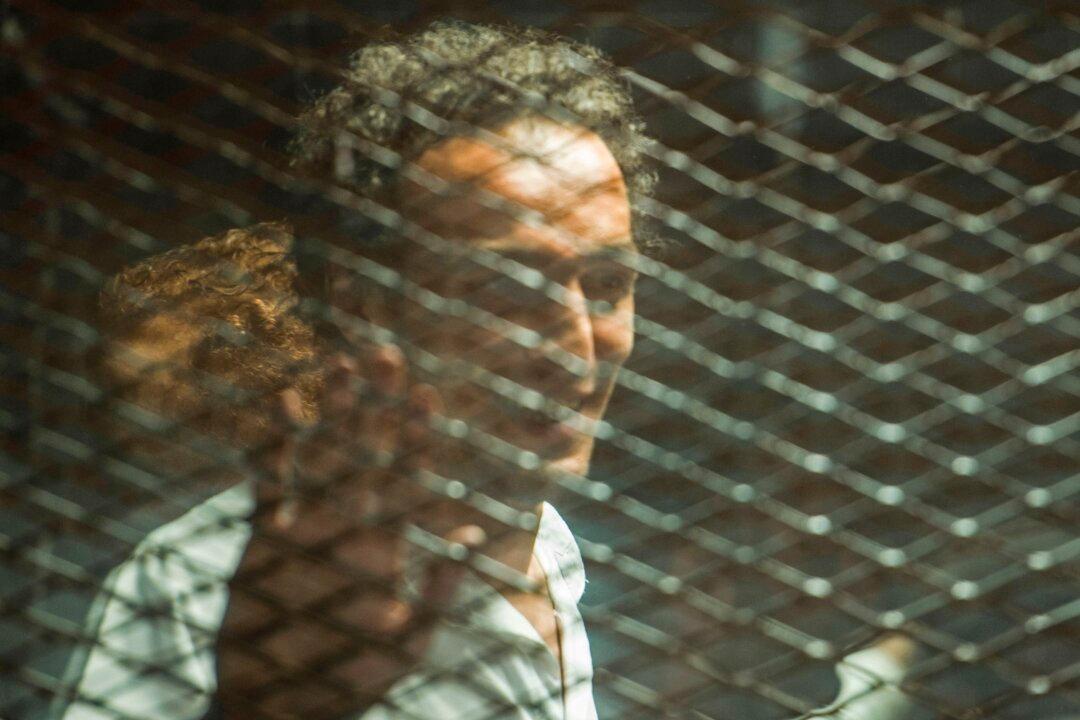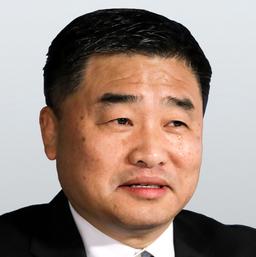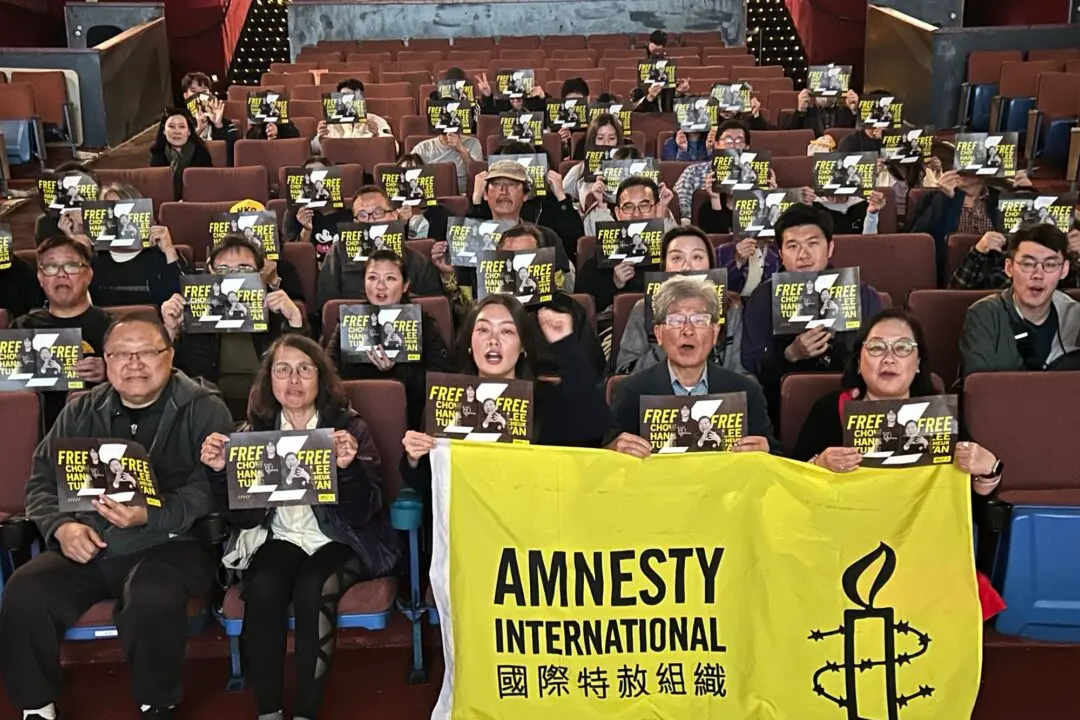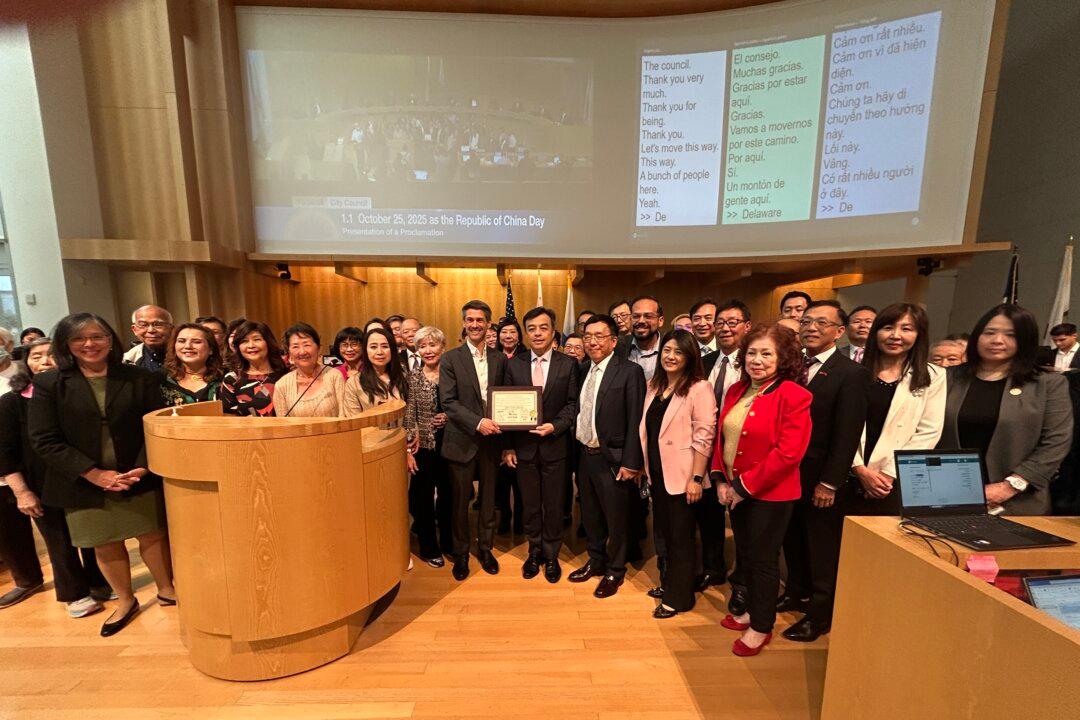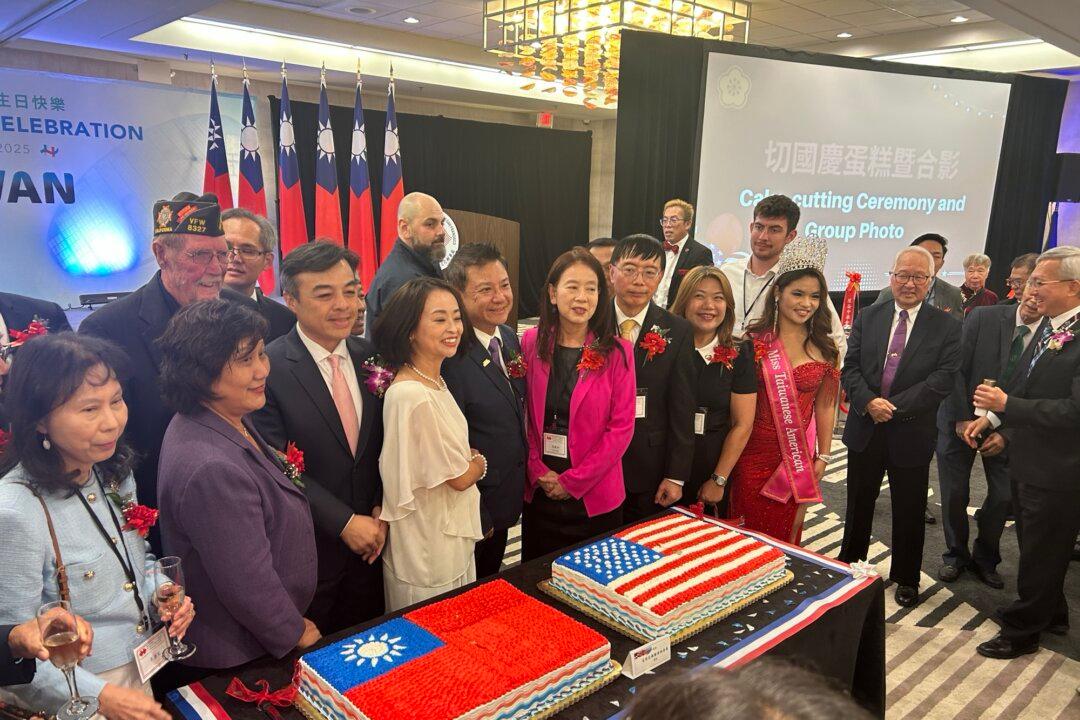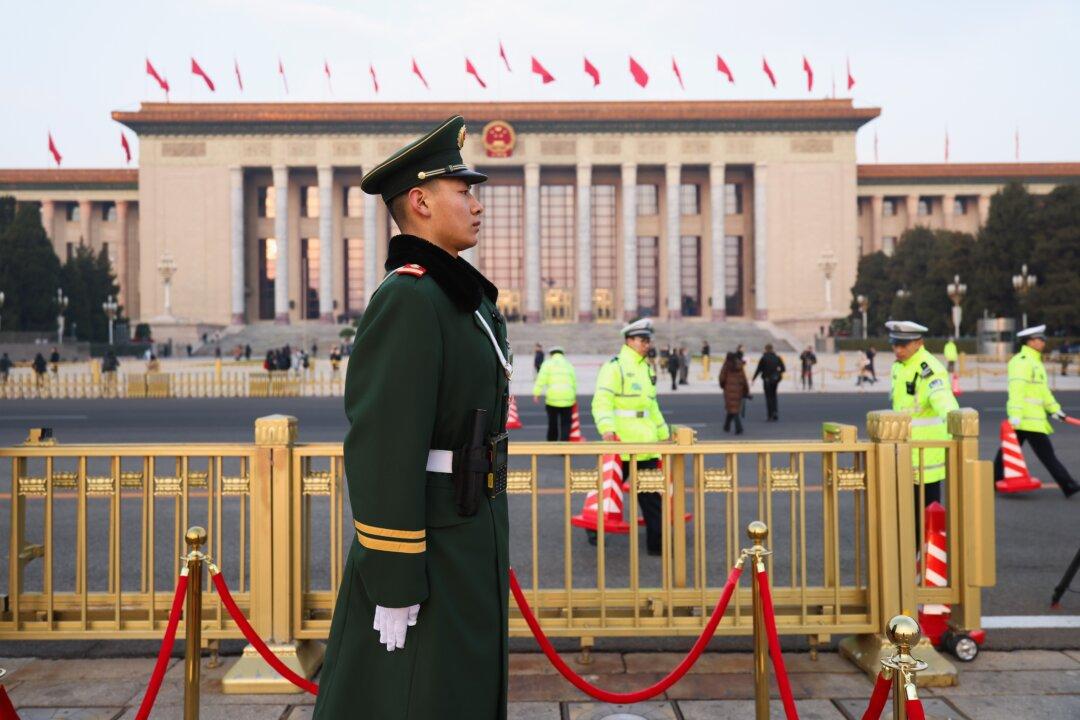Photojournalist Mahmoud Abu Zeid, winner of this year’s UNESCO Press Freedom Prize, is expected to be released soon from an Egyptian jail. He has been detained since his arrest in August 2013.
Abu Zeid, also known as Shawkan, was arrested for covering mass protests against the military coup that immediately followed the removal of President Mohamed Morsi.
